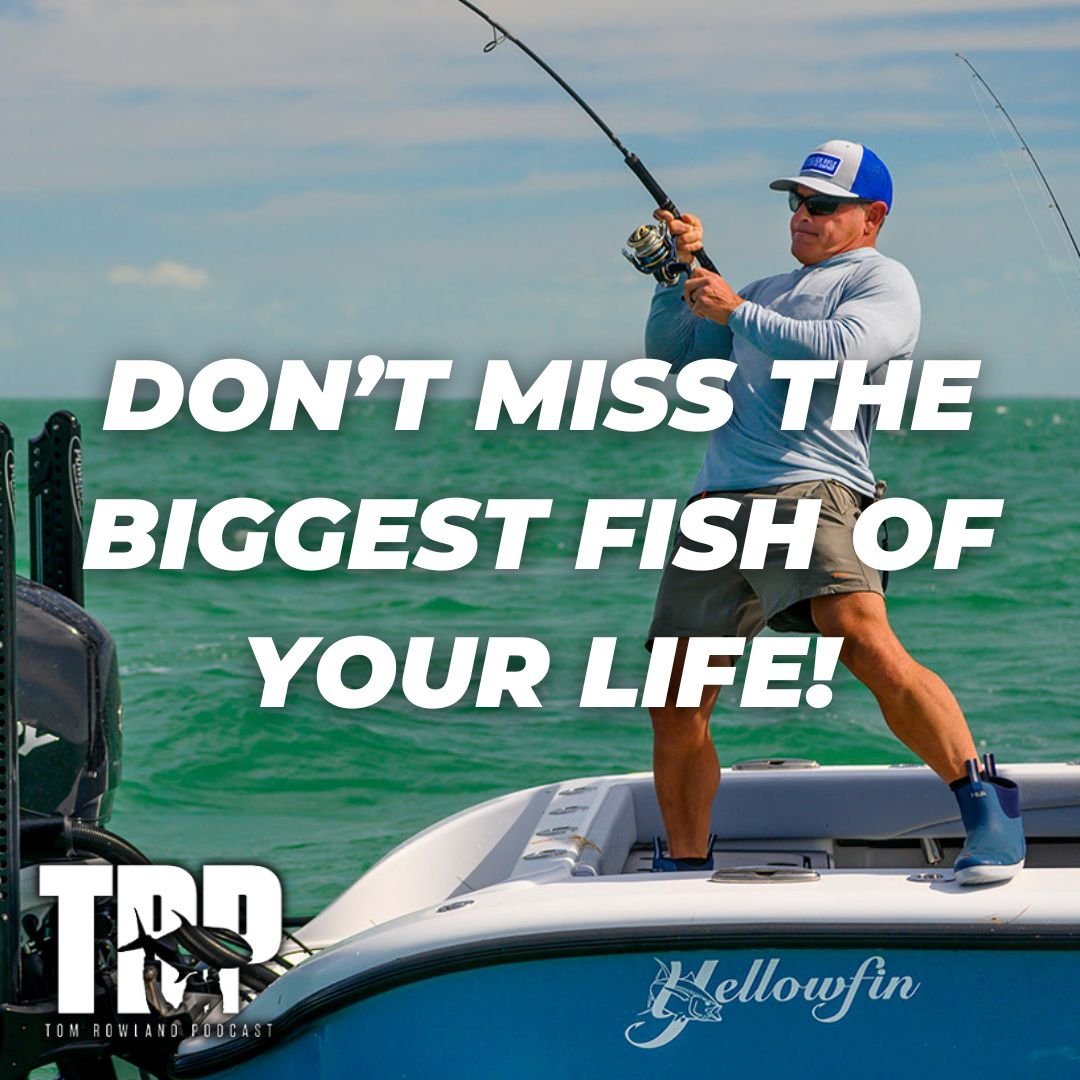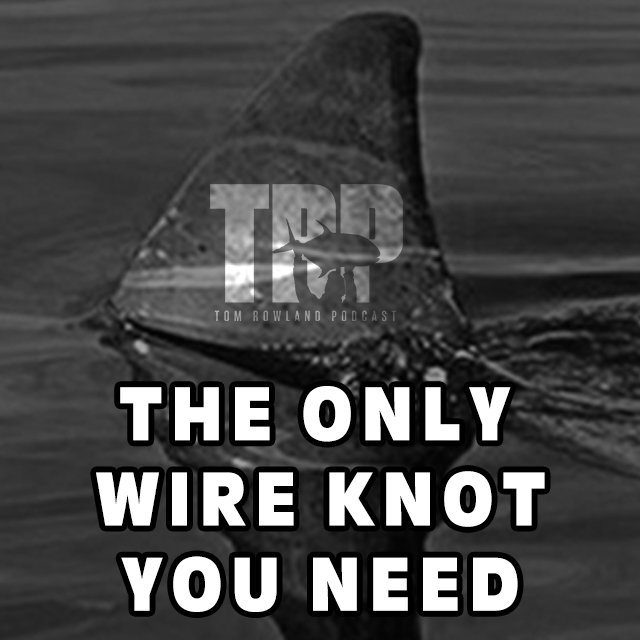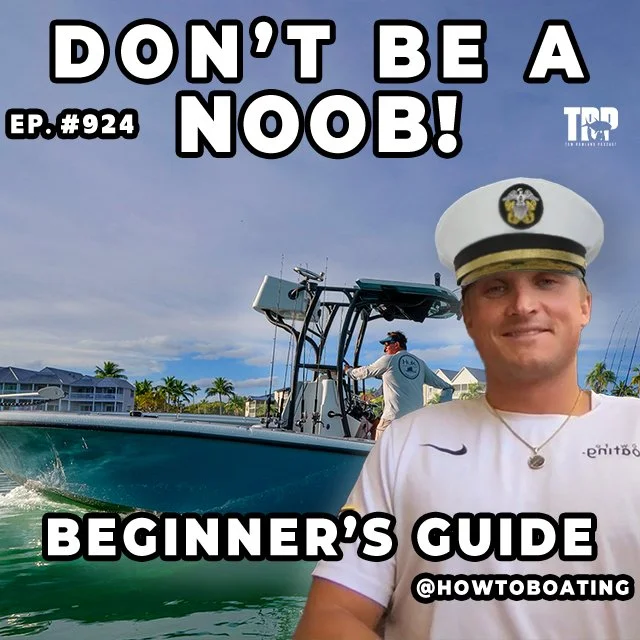How To Keep A Fishing Journal, Finding Fish Over And Over Again
TOM ROWLAND PODCAST
LISTEN NOW ON ITUNES, PODCASTS, SOUNDCLOUD, SPOTIFY, OR STITCHER!
“When journalling all you really need to note is 4 things, date, time, location and what you found.”
Podcast Synopsis
When fishing consistently, especially if you are a guide, it is super important to journal. The advantages of this is that you save yourself from forgetting a spot, and you might be able to plan vacations due to your journal about what the conditions were like when the fishing was on. I am a huge advocate for journalling about where and when you found some fish and being able to track them down over and over again because you wrote it down.
When I first started out journalling I was very attentive to details and tried to document everything. The issue is that with guiding, meeting with clients, spending time with family, cleaning the boat and more it was hard to find the time to journal and I quickly began to put it on the back burner. Luckily Simon Becker shared some tips with me about quick and pertinent information I need when journalling. I would use the Florida Sportsman Tide Charts and document my notes on them. Here are the 4 things I would recommend you note:
Date
Time of Day
Location (GPS coordinates or even just “tower flat”)
What did you find there (did you find redfish? Were they tailing? Did you find tarpon? Were they eating?)
I know there are some people that will say that barometric pressure, wind speed, wind direction and so on are very important. They are certainly extremely important, but when I was journalling all of that information it was taking too much time and energy and I quickly would burn out. So with the 4 things from above you can write it down in a couple of seconds and then later you can go on sites such as Weather Underground and find all of that information about the weather at a later time.
The most important thing to do is write it down, do not fool yourself that you can remember it later. Because months and years later you will have so many other things going on you will not remember the specifics about some tarpon you found in a certain area on a certain day. That information is crucial to being able to replicate when you are planning a vacation or taking out some customers and knowing that the conditions are right, if you go to the same location you will likely find the same thing.
Because it is no coincidence that a school of tarpon will be tailing in a certain area. If you match the same conditions they will almost certainly be in the same spot every time.
Some highlights and timestamps from the podcast:
0:00 - Welcome and introduction and how to keep a fishing journal
0:30 - Going back days, months and years later to keep finding the fish
0:55 - Be careful about how much information you keep in your journal, you might burn out
2:52 - Simon Becker and his outline of journaling
2:10 - You can go to Florida Sportsman website to find tide charts and you can make notes on them
4:05 - It is not a coincidence that fish are where they are
5:05 - Barometric pressure, wind speed, wind direction, clouds…
5:57 - It is better to keep some information than to try to do too much and end up not documenting anything
7:43 - Don’t thing “I have a good memory” you have a tendency to forget
8:38 - Its worth jotting down quick notes for 2 seconds, it will last you years later
10:08 - If you have more questions email me podcast@saltwaterexperience.com
People/Organizations Mentioned in this podcast:
Simon Becker, Florida Sportsman, Weather Underground,
Please let me know any questions that you have or anything you’d like to hear me talk about in the future, just email me at podcast@saltwaterexperience.com
This episode was brought to you by WaypointTV. More than 2000 episodes of the best Hunting and Fishing shows and short films are available for free on any device. Check out http://waypointtv.com and follow them on their great Instagram accounts:
See you on the water,
-Tom Rowland











